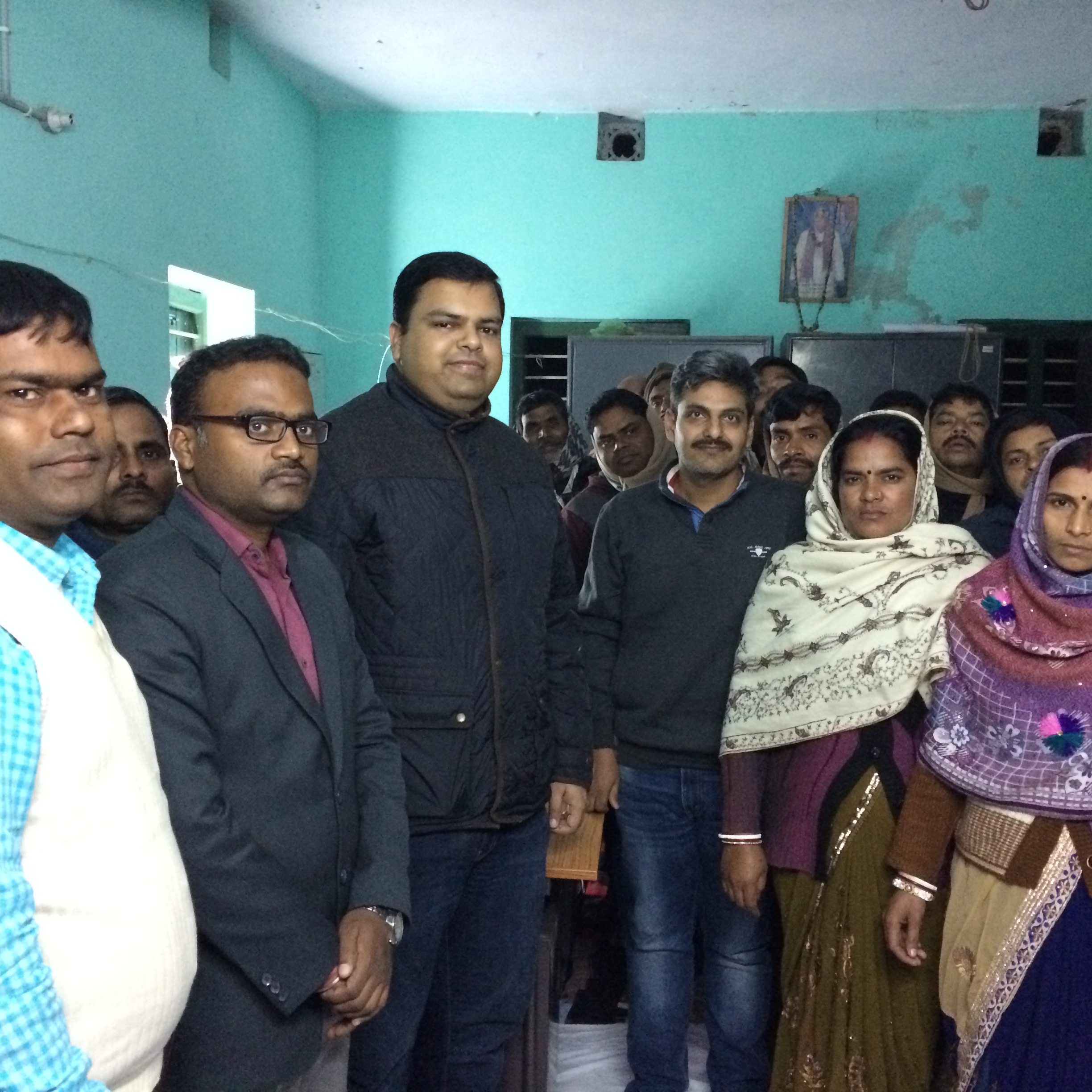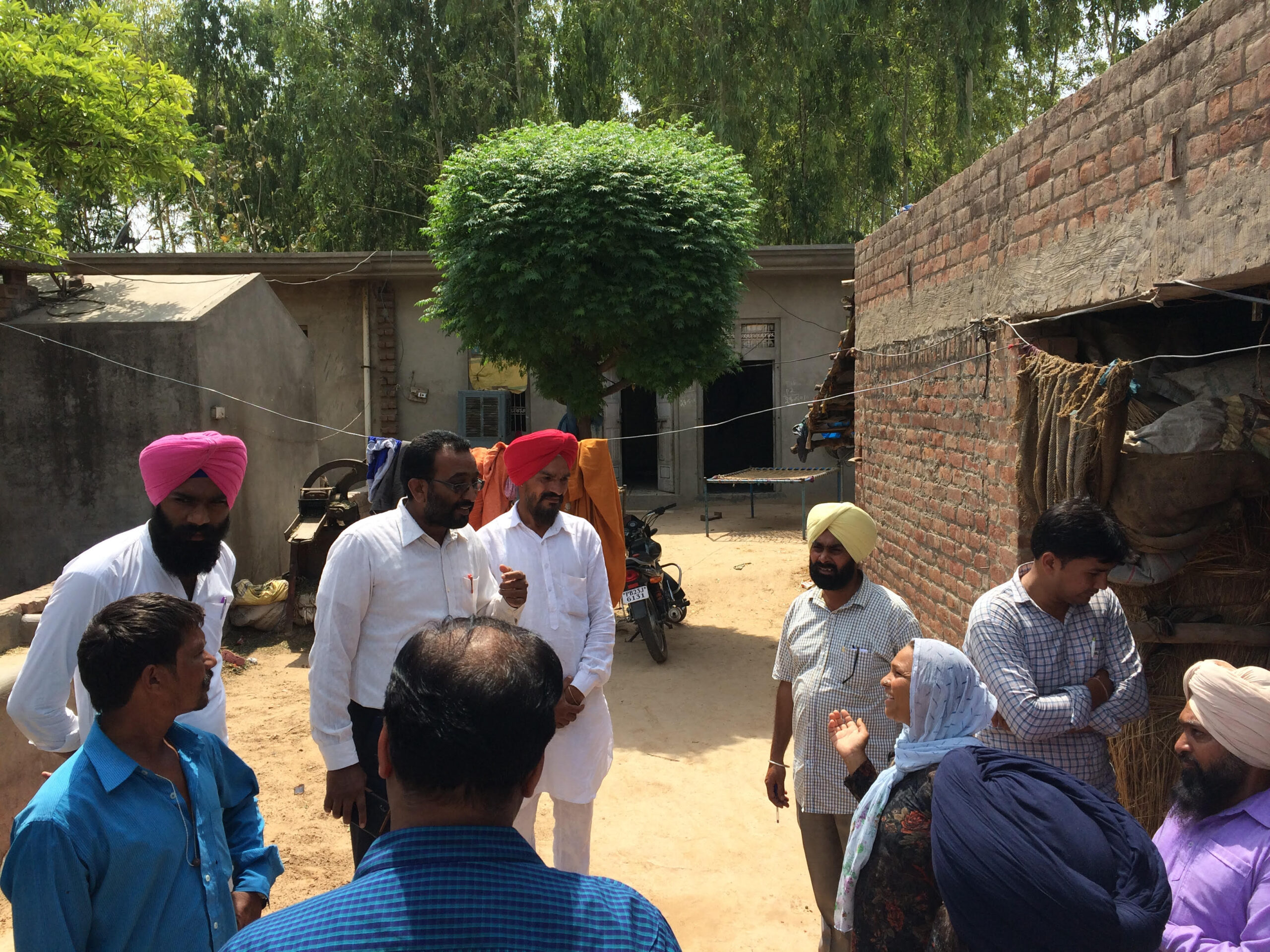If i am a motivator employed in Kalahandi district of Odisha, or a Zilla Swachh Bharat prerak assigned to Nashik district, and i have heard something about CLTS (community led total sanitation) and triggering, but want to learn more, why should i have to wait for a formal training to be organised in my district – something that may (or may not) happen one year hence ?
Swachh Bharat has come some way from where it started. While challenges still remain, a satisfying part is a general acceptance of the following facts :
1) Swachhta is not about constructing toilets, it is about behavioural change
2) Swachhta is (should be) looked upon as a collective public good : therefore we should aim for open defecation free (ODF) villages, rather than a mere increase in number of latrines.
3) Behavioural change does not happen by merely bringing about awareness ; it requires a more closer inter-personal communication, facilitation of a dialogue with the community, bringing about a self-introspection and facilitating appropriate decision by the community : a process known as ‘triggering’ in the CLTS ( Community led total sanitation) parlance.
While the statements 1) and 2) above can be accepted more easily; 3) requires some immersion or at least witnessing the ‘triggering’ process. However, even after acceptance of ‘triggering’ tool as useful in behavioural change, the challenge of disseminating the skill is daunting, given the scale of work. Lack of motivators skilled in this facilitative technique is a major impediment in accelerating swachhta. In order to accelerate trainings in these skills, ‘virtual’ trainings have been attempted. With some drop in quality (as anticipated), these have been able to reach out to more participants and to allow inter-district cross-sharing as a bonus. However, on their own, they have not emerged as a magic-wand solution to skill propagation. At a policy level, an attempt was also made to 1) train State level agencies, so that they can cascade trainings down to district level 2) review guidelines, to allow States/districts to engage a trained agency/professional directly. The former had some advantage in spreading skills – some States ( for e.g. Tamil Nadu) were able to build in-house resources who are now being used to carry out further trainings in districts. Some States got the trainings, but did not put mechanisms to deploy those resources. The latter – review of guidelines – is a good enabling provision. However, its utility now depends on the quality of organisations/individuals empanelled. If they have themselves to be trained, before they can impart further trainings, then the advantage has been lost.
Separately, there is one initiative that has been talked about, but remains to be implemented. How to use technology to ‘demystify’ the basic skill-set required for triggering and behavioural change? Harvard has some online tutorials where key lessons are imparted through short videos interspersed with key lessons and also questions for evaluation. Video modules are also used effectively in other development sectors (for e.g. education) for training of teachers. In sanitation, while some skilled organisations have made such videos, that they may be using for their own trainings, and which are also available publicly on you-tube; to the best of my knowledge, such videos are not available in the form of a comprehensive module that describes various steps of ODF achievement, with narration by experts plus demonstration videos from actual field.
The content for creating such video modules is widely available. Besides the knowledge base with practitioners of community approach in the field, UNICEF, through Knowledge Links has prepared draft modules based on best national/international community approach practices of sanitation. Based on these modules, and capturing actual happenings in the field, customised 5-minute videos can be prepared explaining different strategies for achievement of ODF. It is important to associate actual practitioners (champions/trainers) in the making of such videos – and not relegate it entirely to big media units, who have the technical skill for media, but lack the understanding of sector. Keeping in view the end users – Collectors/CEOs/ officials; grass-root motivators; non-officials – the content can be appropriately customised. Also, given the rapidly evolving nature of innovations and triggering tools, these videos/ modules can be constantly upgraded.
Most users have a smart phone or access to internet. And they should be able to go through these video modules on their own. The video modules can be uploaded on the knowledge management platform of Swachh Bharat Mission Gramin -swachhsangraha.in. Each State/ district can then be made aware of the availability of such video modules for use in district-level trainings or individully by any motivator. The videos can also be shared through social media platforms like WhatsApp. States can be encouraged to develop similar video modules in local language – with locally shot demonstrations – to be of greater use to grass-root implementers. The video modules may be later developed into full-fledged tutorials/e-learning courses.
Such videos will bring best practices and clarify basic principles to the army of motivators and implementers across the country. The users can use these video modules to get useful ideas and evolve their own innovations. That’s how knowledge will grow.
Authentic/standard video module(s)from horse’s mouth – Ministry – will dissuade half-baked knowledge on the subject abd bring greater clarity on the holistic perspective of sanitation – as opposed to a trouble-shooting approach.




You People are True and Anonymous Civil Servant of Nation and giving every and selflessness effort to nurturing India.
1.3 Billions People look at 18k+ Civil Servants and 4k+ Politicians with very high hopes.
Your Constructive approach towards People’s participates, Understanding People’s with sensitivity more and more People in any Social changes like Swachhta e.t.c can become revolution.
Your Persistent hard works will sure paid off.
Regard’s
A Common Man of this Nation
Jai Hind Boss.
Thanks Ashish..